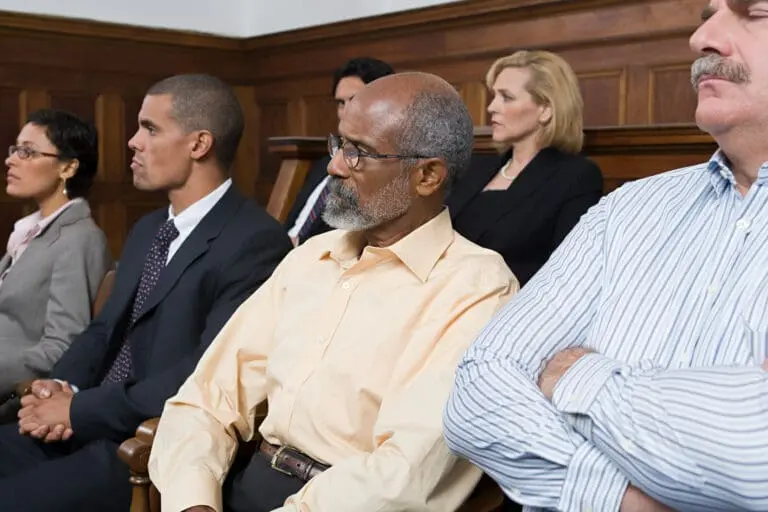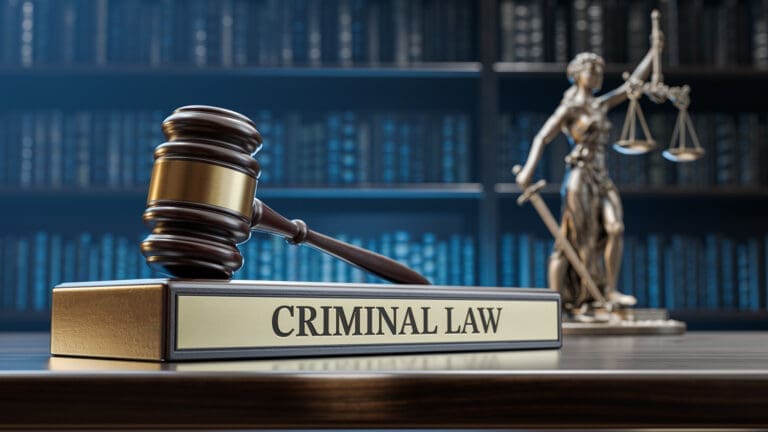Misdemeanor

Understanding the Complexities of Misdemeanor Charges
Misdemeanors, crimes less severe than felonies but more serious than infractions, form a significant part of the legal landscape. Understanding the nuances of misdemeanor charges is crucial, as they carry implications that can affect various aspects of life. This comprehensive article dives into the world of misdemeanors, offering insights into legal implications, classifications, and strategies for defense.
Defining Misdemeanors
Misdemeanors encompass a range of criminal offenses generally punishable by fines, license suspension, or incarceration in local county jails for up to one year. Examples include shoplifting, DUI, indecent exposure, and petty theft. They are separated into classes, such as high or gross misdemeanors, ordinary misdemeanors, and petty misdemeanors, each carrying different levels of penalties.
Legal Implications and Consequences
While misdemeanors might seem less serious than felonies, they can have long-lasting consequences. A conviction could lead to a criminal record, affecting employment opportunities, college admissions, and even housing prospects. In some cases, misdemeanors are considered crimes of moral turpitude, impacting one’s chances for scholarships or desirable employment.
Differences between Felonies and Misdemeanors
The main distinction between felonies and misdemeanors lies in the severity of the punishment. While felony convictions can result in imprisonment of over a year, misdemeanors generally lead to shorter jail terms or fines. However, both can have significant social, professional, and legal consequences.
Criminal Records and Social Impact
A misdemeanor conviction goes on one’s criminal record and can be a source of social embarrassment, affecting personal relationships and community standing. It can also lead to suspension or revocation of professional licenses in fields that require maintaining ethical standards.
Treatment of Misdemeanors: State vs. Federal Level
State laws on misdemeanors can vary, with some states offering sentencing flexibility and others defining certain crimes as “wobblers” – offenses that can be charged either as misdemeanors or felonies. Federal misdemeanors follow strict sentencing guidelines, categorized into Class A, B, and C, each with specified jail time durations.
The Need for Legal Assistance
Given the complexities and potential impact of a misdemeanor charge, seeking legal assistance is crucial. Experienced criminal defense attorneys can develop strategies to protect the accused’s rights, potentially reducing or eliminating penalties. In some cases, legal intervention might lead to diversion programs or expungement, thereby preventing a permanent criminal record.
Conclusion
Misdemeanor charges, though less severe than felonies, carry significant legal implications that can profoundly impact one’s life. Understanding these charges, their classifications, and potential consequences is crucial. It is essential to seek competent legal advice to navigate this complex terrain, ensuring rights are protected and consequences are minimized.
_______________________________________
Navigating the Legal Landscape: Understanding Misdemeanors and Their Impact
Introduction to Misdemeanors
In the realm of legal matters, misdemeanors occupy a significant space, often serving as the bridge between minor infractions and more serious felony charges. A misdemeanor, while less severe than a felony, can still have profound consequences on an individual’s life, ranging from legal penalties to personal reputation and beyond. Understanding the nature of misdemeanors, their classifications, potential repercussions, and available legal avenues is crucial for anyone facing such charges or seeking legal advice in this regard.
Types and Classifications of Misdemeanors
Misdemeanors encompass a wide range of offenses, varying in severity and consequences. They typically fall into several categories, including but not limited to:
- Petty Offenses: These include minor infractions such as petty theft, shoplifting, and simple assault.
- Drug Possession: Possession of small amounts of controlled substances for personal use often falls under misdemeanor charges, though this can vary by jurisdiction and substance.
- Public Order Crimes: Acts like disorderly conduct, public intoxication, and vandalism may lead to misdemeanor charges.
- Traffic Violations: Certain traffic offenses, like driving under the influence (DUI) or reckless driving, can result in misdemeanor charges.
- Domestic Violence: Some instances of domestic violence are classified as misdemeanors, particularly in cases involving minor injuries or first-time offenses.
Understanding the specific classification of a misdemeanor charge is essential, as it dictates the potential penalties and legal strategies available for defense.
Potential Consequences of Misdemeanor Charges
While misdemeanors are less severe than felonies, they still carry significant consequences that can impact various aspects of an individual’s life. Some common repercussions of misdemeanor charges include:
- Fines: Misdemeanor convictions often result in monetary fines, the amount of which can vary based on the nature of the offense and the jurisdiction.
- Probation: In lieu of or in addition to jail time, individuals convicted of misdemeanors may be placed on probation, requiring adherence to specific conditions set by the court.
- Community Service: Courts may impose community service requirements as part of a sentence for misdemeanor offenses, allowing individuals to contribute positively to their communities.
- Criminal Record: Perhaps most significantly, misdemeanor convictions can result in the creation of a criminal record, which can impact employment opportunities, housing options, and other aspects of life.
Navigating these potential consequences requires careful consideration and, often, legal guidance to mitigate the long-term effects of a misdemeanor charge.
Legal Strategies and Defense Tactics
When facing misdemeanor charges, individuals have the right to legal representation and defense. Several strategies and tactics may be employed to challenge the prosecution’s case or negotiate for reduced charges or penalties. Some common defense approaches include:
- Challenge the Evidence: Contesting the validity or admissibility of evidence presented by the prosecution can weaken their case and potentially lead to dismissal or acquittal.
- Negotiate a Plea Bargain: In some cases, negotiating a plea bargain with the prosecution may result in reduced charges or penalties, allowing individuals to avoid the full consequences of a conviction.
- Assert Constitutional Rights: Defendants have constitutional rights, including the right to remain silent and the right to a fair trial. Asserting these rights can protect against self-incrimination and ensure due process.
- Seek Alternative Sentencing: Depending on the circumstances of the case and the defendant’s background, alternative sentencing options such as diversion programs or rehabilitation may be pursued as alternatives to traditional punishment.
Engaging an experienced criminal defense attorney is often the most effective way to explore these defense strategies and safeguard one’s rights in misdemeanor cases.
Conclusion
In conclusion, while misdemeanors may be considered lesser offenses in the legal system, they nonetheless carry significant implications for individuals facing such charges. Understanding the nature of misdemeanors, their potential consequences, and available defense strategies is essential for anyone navigating the complexities of the legal system. By seeking legal advice, asserting one’s rights, and exploring defense options, individuals can effectively address misdemeanor charges and work towards minimizing their impact on their lives and futures.




